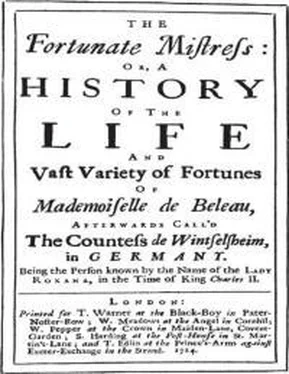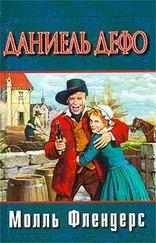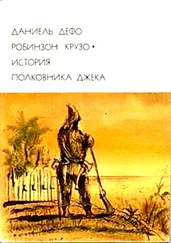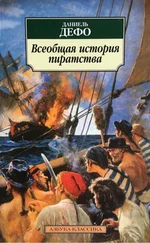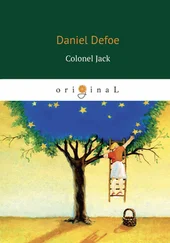a Stage Amazon : Roxana disparagingly suggests that any woman prepared to act on stage was behaving in an unfeminine way.
the Play of Tamerlane : Roxana appears to confuse Nicholas Rowe’s Tamerlane (1701) with Racine’s Bajazet (1672), a play about the Turkish sultan of that name and a sultaness, Roxane. It was known to English audiences of Defoe’s day in Charles Johnson’s adaption, The Sultaness , performed at the Theatre Royal, Drury Lane, in 1717. Rowe’s play has a Bajazet but not a Roxana.
Bassa : an obsolete form of bashaw or pasha , a Turkish grandee.
a Gaming-Ordinary : a gambling house which provided food.
upon the foot of : on the basis of
upon the Tenters : The modern phrase is ‘on tenterhooks’, meaning to make someone painfully anxious. Tenter hooks are the nails on the upper and lower rails of the frame, or tenter, used in the manufacture of cloth to prevent shrinking.
a Canterbury Story : The expression, derived from Chaucer’s Canterbury Tales , means a long, tedious story.
Citizens : those who dwelt in or near the City of London (mainly tradesmen, shopkeepers, and bankers), as opposed to the gentry living in the fashionable West End of London. The term (often abbreviated as cits.) was frequently used contemptuously, though here Roxana uses it as a term of approval.
satisfy’d… Satisfaction : Roxana plays on two meanings of ‘to satisfy’, namely, ‘to convince’ and ‘to be contented with’.
by-halves : imperfectly.
come out-of-the-way come amiss, go wrong.
fallen down the River : moved downstream.
North-Hall : the common name at one time for the village of Northaw in Hertfordshire. During the reign of Charles II its mineral spring made Northaw a fashionable summer resort. In 1660 at Hampton Court Charles gave his permission for the spring to be called the King’s Well.
ugly : discomforting, awkward.
Grimace : pretence, sham.
a Piece of meer Manage : an instance of sheer self-control.
fram’d Conduct : contrived behaviour.
Conversation : way of life.
a Complication of Crime : an entangled mass of crimes.
Third-Day Ague : tertian ague or fever, one that is accompanied by paroxysms every third (that is, alternate) day.
publick : openly acknowledged.
Cherry. Chérie (dear). Both Roxana and her husband speak French and so use the playfully affectionate form of address to Amy. The QUAKER either is ignorant of the sense of the word or pretends to be.
quite left : given up entirely.
she reckon’d them all up by Name : Susan does not mention all the major ‘Airing-Places’ (towns from where it was fashionable to take walks or drives in the country) even of southern England. Most of the seven places mentioned were spas, of which Tunbridge Wells and Bath were long highly fashionable. Epsom, also then a spa, was already becoming well known in the late seventeenth century for horse-racing on the near-by downs. Newmarket, too, was and is famous for racing. Bury St Edmunds was ‘crowded with nobility and gentry, and all sorts of the most agreeable company’ (Defoe’s A Tour through the Whole Island of Great Britain (Penguin Books, 1971, p. 75). Barnet and North-Hall (properly Northaw) were fashionable spas in Charles II’s reign, but declined thereafter. Of Barnet, Defoe reported in 1724, that ‘The Mineral Waters, or Barnet Wells… are now almost forgotten’ {Tour , p. 339).
teizing : See note 145.
amuse : bewilder, deceive.
of a Knot : associated together, in touch with one another.
came to hit : succeeded, worked out.
Tower-Wharf : the wharf beside the tower of London. As London Bridge was the only bridge over the Thames, crossings by boat were necessary and frequent.
Manners : polite gestures.
doubted : feared.
uneasie : troublesome.
denounc’d : threatened.
the Great Pond at Camberwell : now disappeared. As late as 1820, however, there was a pond on the south-east corner of Camberwell Green.
